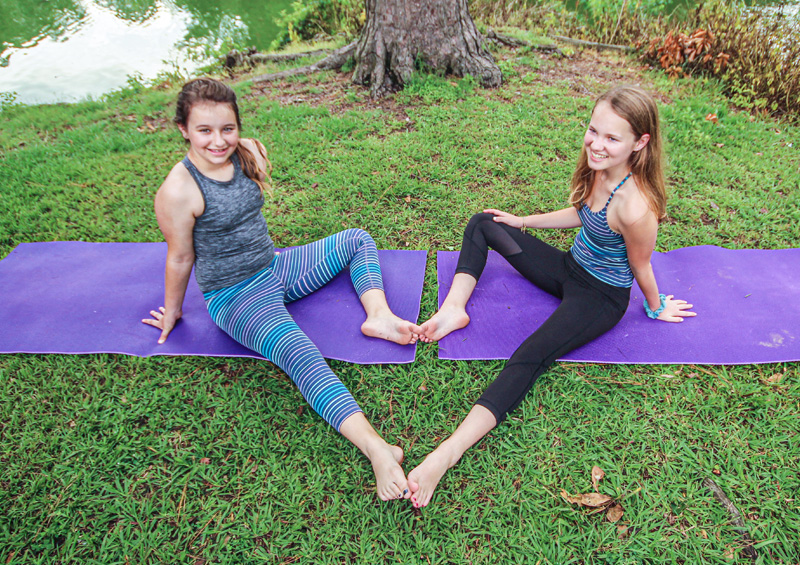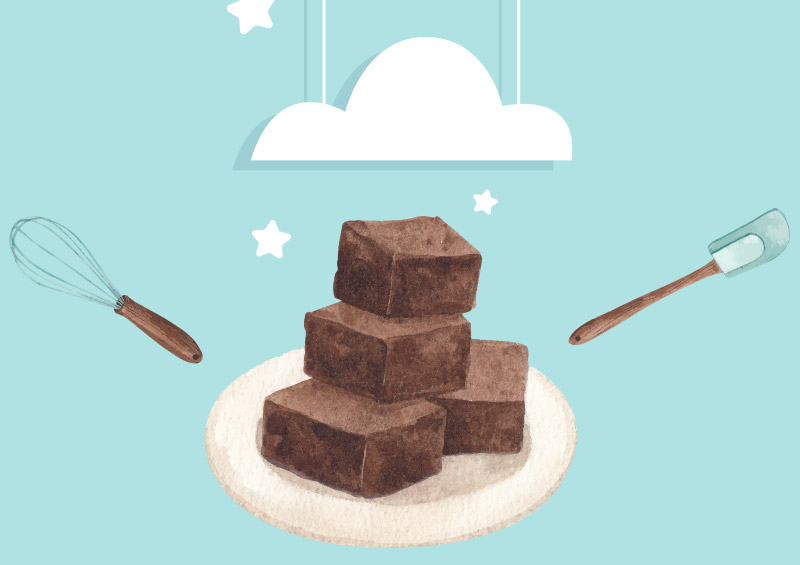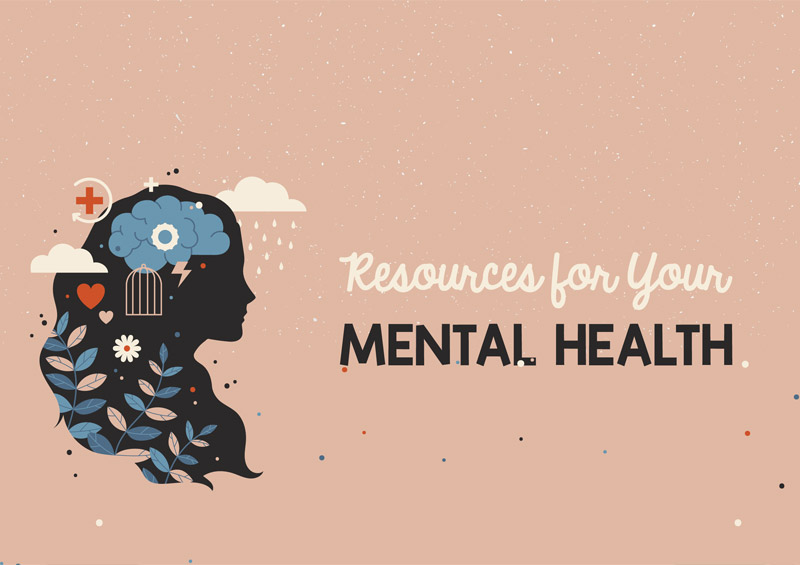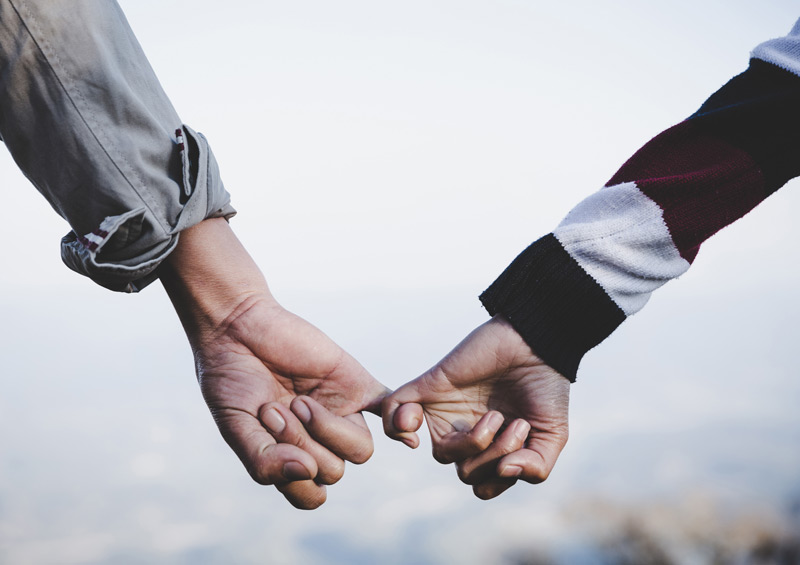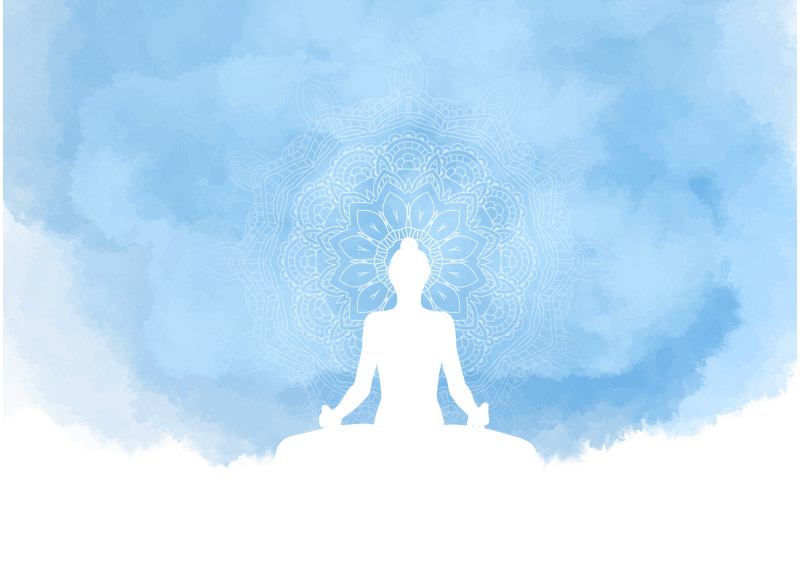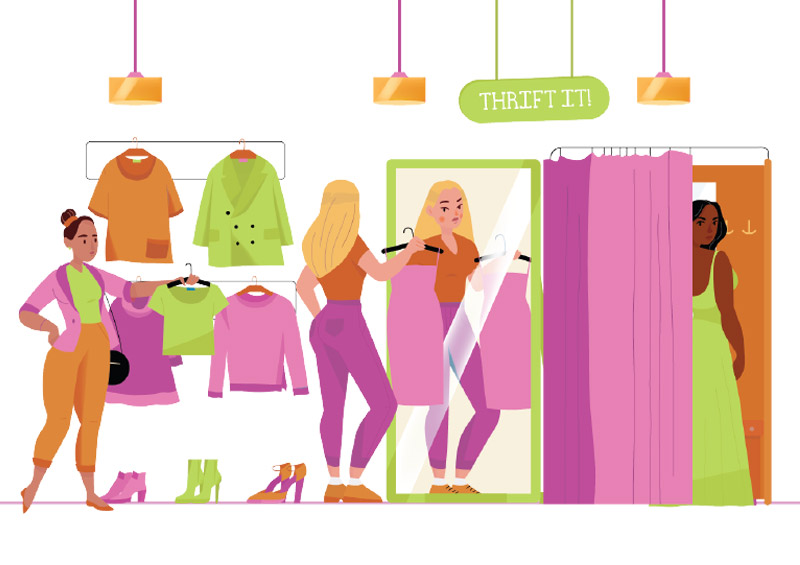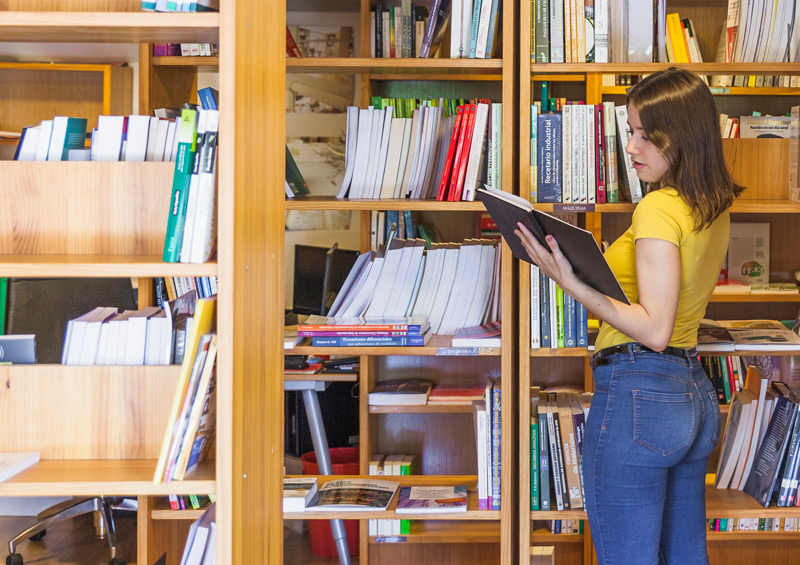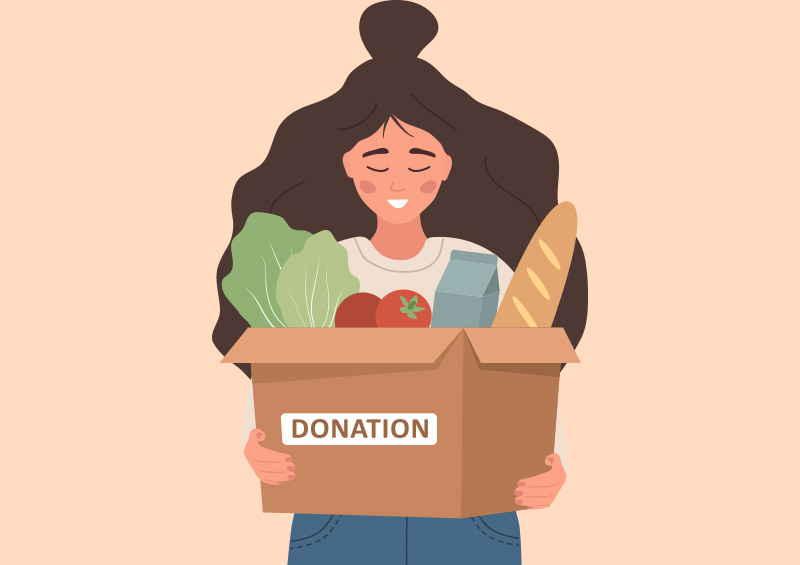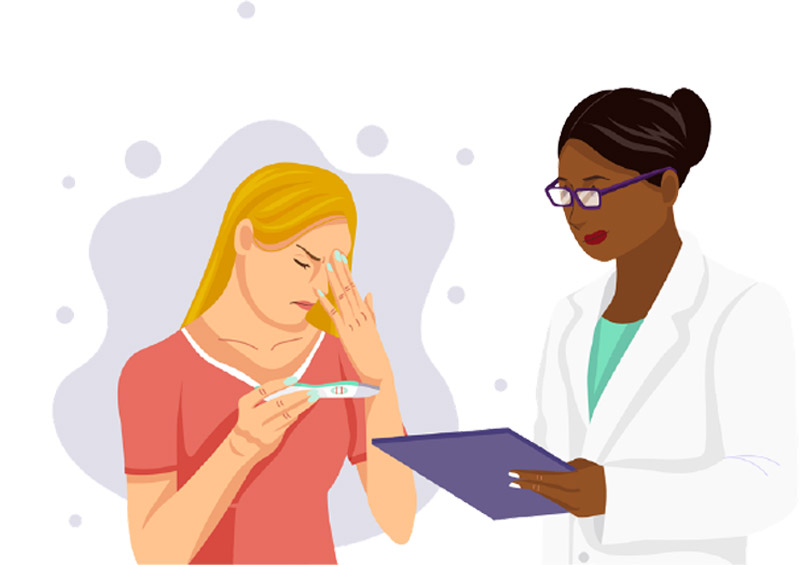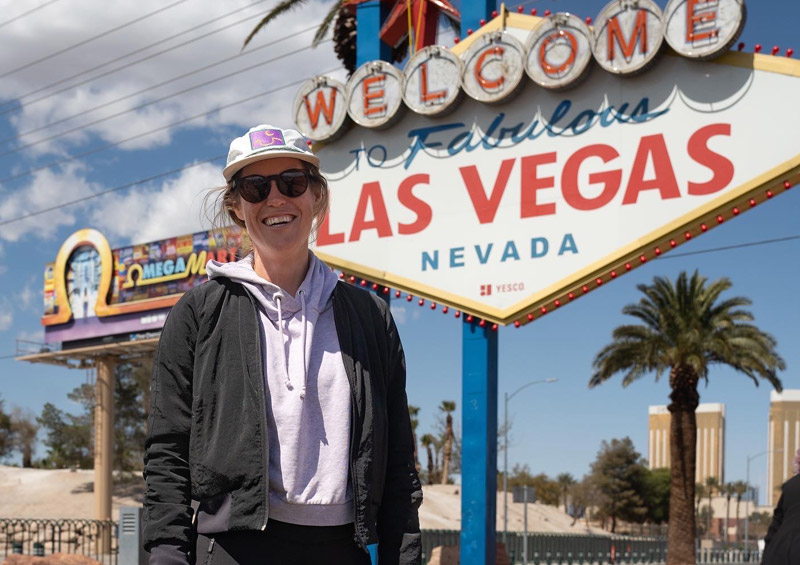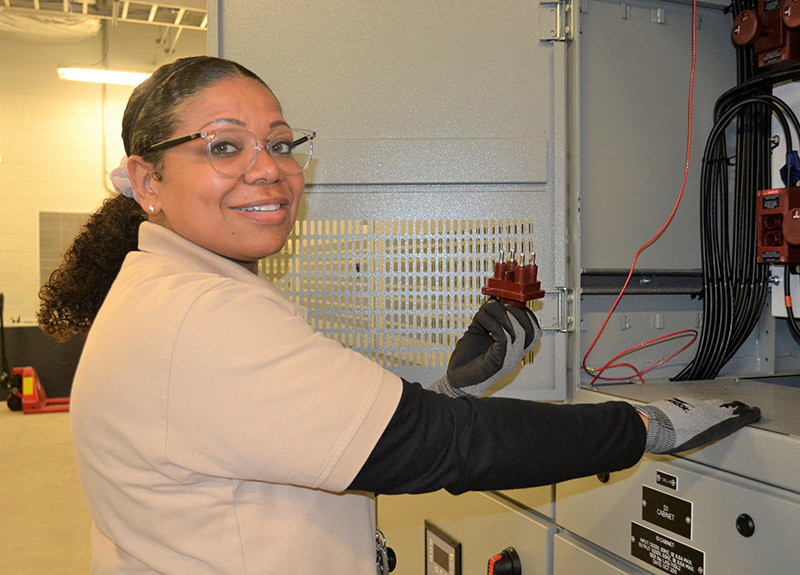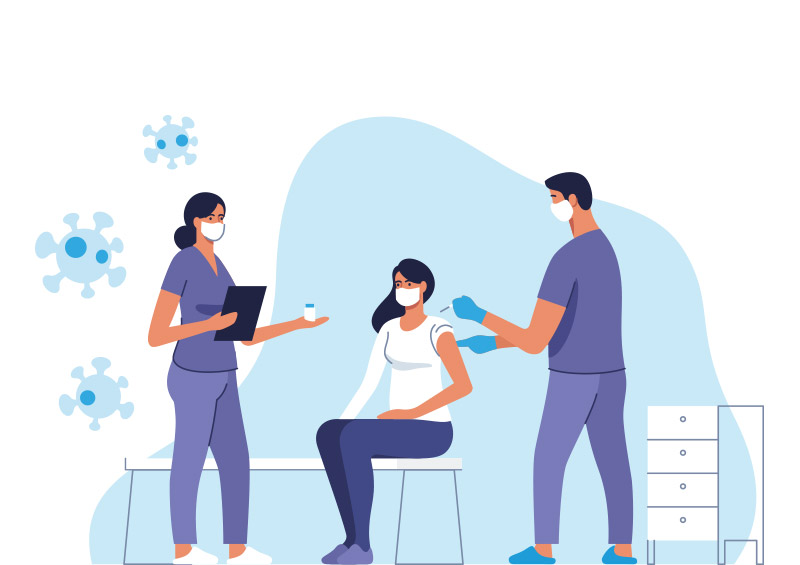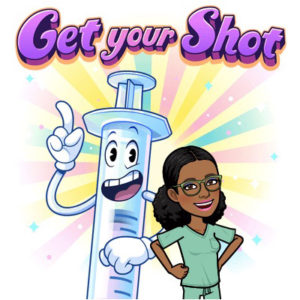What’s your advice for a young person who is reluctant to get the Covid-19 vaccine because they just recently turned 16 and are unsure if the vaccine is safe for them?
So, you just turned 16 a couple of days or months ago and not only can you get a driver’s license, but you are now eligible to receive the Covid-19 vaccine. Yikes!! So many things to process, right? Before you get overwhelmed, let’s talk about how the vaccine can help create normalcy in your life. The Covid-19 pandemic has been a challenge to the way everyone interacts in their daily activities—from being in the classroom to going to the mall, sports games, festivals, and even Mardi Gras! Let’s face it, getting back to normal is essential. In addition to proper hand washing, social distancing, and wearing a mask, the Covid-19 vaccine is our best weapon to allow for this. Although Covid-19 causes more problems in at-risk people and the elderly, teens can get it as well. Also, if you are exposed to an infected person, you have to isolate yourself for a long period of time. The vaccine is effective and safe and approved for use in teens 12 and older. Why 12 you ask? Because this was the age that was included in the clinical studies to test for safety and effectiveness of the vaccine. Research has shown that there are no serious side effects from the Covid-19 vaccine.




